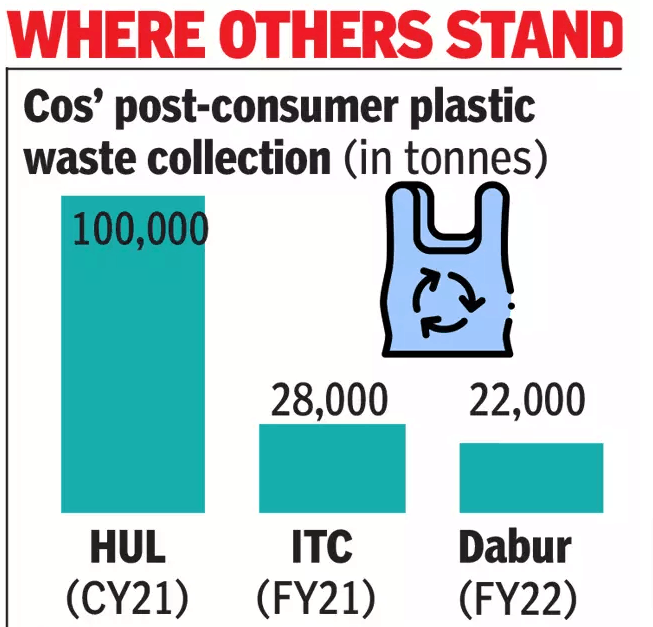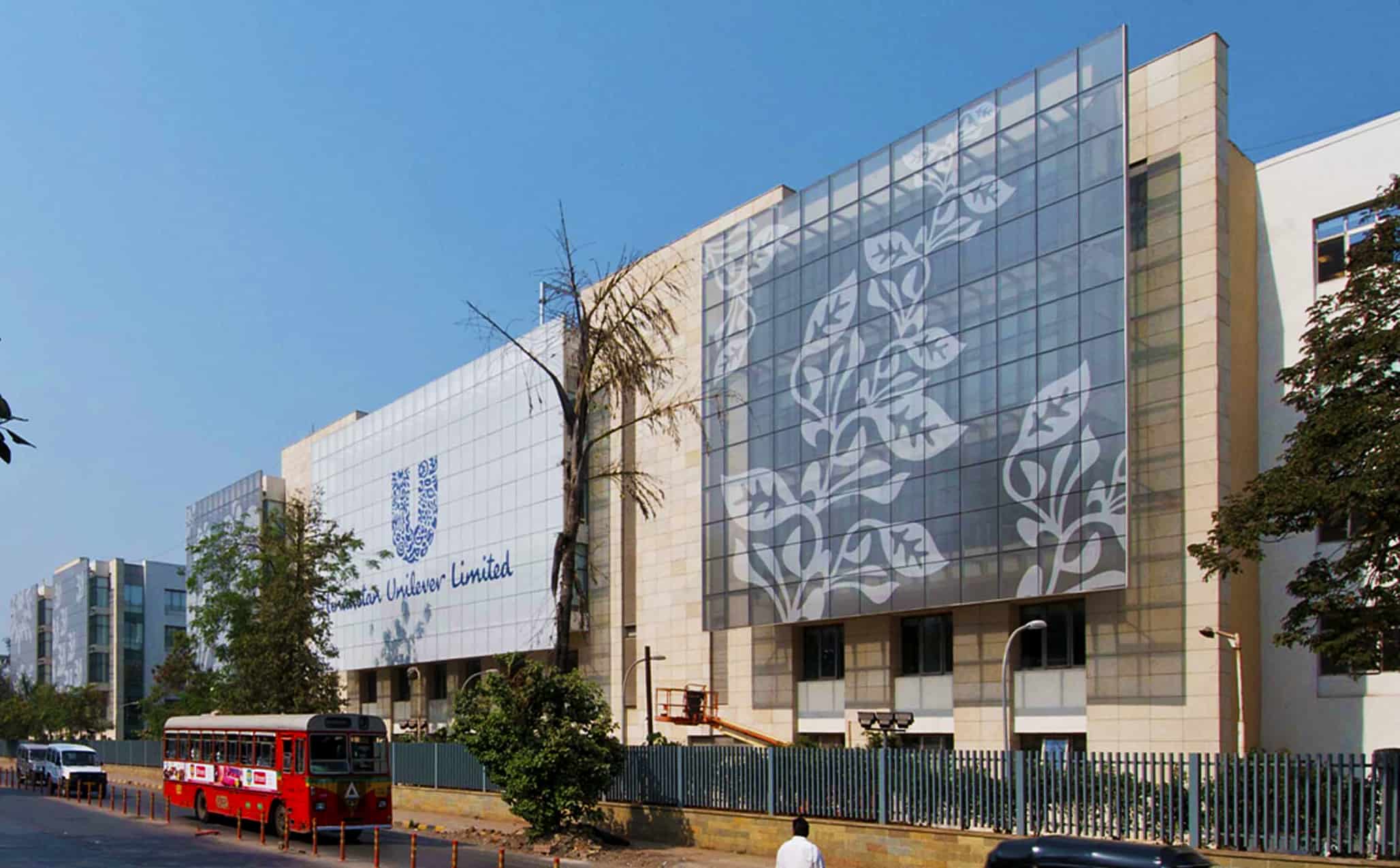Hindustan Unilever (HUL) will achieve 100% plastic waste collection this calendar year. This means the FMCG giant will collect and process more plastic packaging waste than it uses. In the process, HUL will become the first FMCG company of a large scale to achieve plastic waste neutrality.
This year onwards, HUL will enable the processing of over 1 lakh tonnes of post-consumer plastic waste through the collection from all states and Union Territories, covering over 100 towns. During the calendar year 2020, HUL had collected and facilitated environmentally safe disposal of almost 60,000 tonnes of plastic waste.
The nearly Rs 40,000-crore company makes Lux soap and Lipton tea, along with several daily use products sold at over 8 million outlets. Among other consumer firms, Nestle India has already attained plastic neutrality, while Dabur is expected to by March 2022.

There has been growing concern about plastic pollution and its adverse impact on the environment. Repeated warnings issued by scientists on the negative impact of plastic waste such as wrappers, discarded packaging material, and sachets — not only on the environment but also the health of people — have triggered action from packaged consumer goods companies.
HUL CMD Sanjiv Mehta said, “Our vision is one where key stakeholders work together to ensure that plastic stays in the economy and out of the environment. As a responsible company, we are committed to playing our part.”
Having developed an ecosystem of partners enabling the collection and safe processing of plastic packaging waste, HUL ED (supply chain) Willem Uijen said, “We have now scaled up our joint efforts to collect more plastic packaging waste than our total plastics footprint, four years ahead of what we previously thought was possible.”
Nestle, with domestic sales of Rs 12,642 crore, collected plastic equivalent to post-consumer plastic waste generated by all its brands in 2020, said a company spokesperson. This ensured plastic neutrality. The spokesperson, however, did not provide the quantum of waste collected.
ITC has a model for sustainable management of multi-layered plastic (MLP) packaging waste. In 2020-21, ITC will collect more than 28,000 tonnes of MLP waste, progressing towards plastic waste neutrality in this calendar year, said a company spokesperson.
Dabur too has a plan to become plastic waste neutral by March 2022. For this, Dabur India CEO Mohit Malhotra said the company will be collecting, processing and recycling 22,000MT of post-consumer plastic waste from across the country. This covers both recyclables (like PET, HDPE, beverage cartons) and non-recyclables (multi-layered plastic). This year (in 2020-21), Malhotra said Dabur is well on course to collect over 11,000MT of post-consumer plastic waste.
Most companies are implementing these initiatives by partnering with various organizations for the collection of plastic waste and also reaching out to housing societies and commercial establishments. The plastic recycling industry, too, has been taking shape in India over the past few years, making it important to formulate product packaging from recyclable material.
Marico uses around 95% recyclable material for packaging and has committed to make it 100% by FY2025. Marico’s chief supply chain officer Jitendra Mahajan said the company carries out its extended producer’s responsibility by collecting multi-layered plastic material equivalent to its consumption, and disposing it in an environment-friendly manner.







